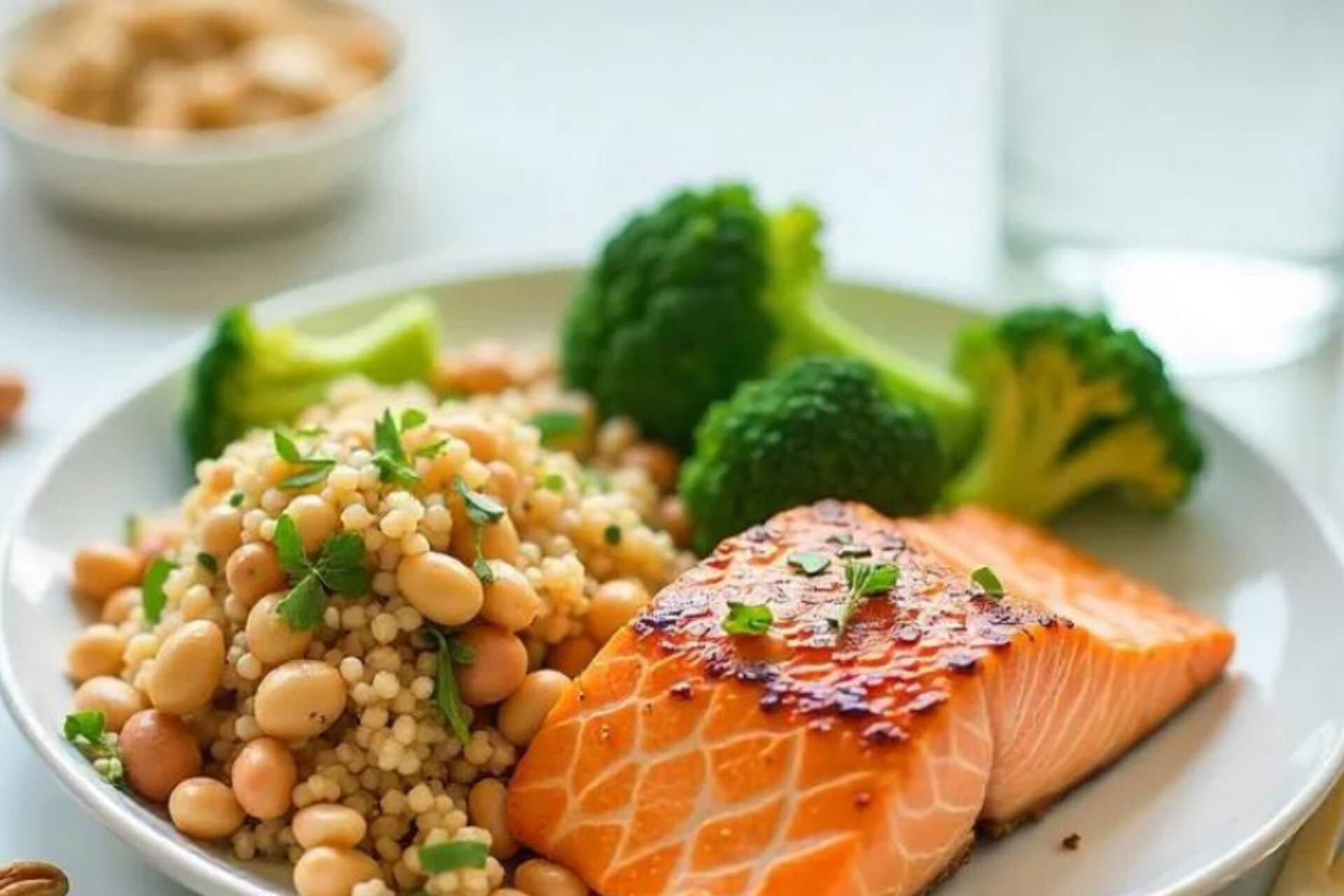
Protein is literally the building block for almost everything that keeps you running smoothly. It plays a key role in the structure and function of muscles, skin, enzymes, and hormones.
Your body uses protein to create the hormones that regulate everything from your mood to your metabolism. It’s also essential for producing enzymes that help digest your food and keep your immune system fighting off infections. Plus, it’s what keeps your muscles strong, your skin glowing, and your hair and nails looking healthy.
Here’s the kicker though – unlike fat and carbohydrates, your body can’t store protein for later use. This means you need to replenish it regularly through your diet, or your body starts breaking down muscle tissue to get what it needs. Not exactly ideal, right?
The Sneaky Signs You’re Not Getting Enough Protein
The tricky thing about protein deficiency is that the early warning signs are often pretty subtle. You might brush them off as just being tired or stressed, but your body could be trying to tell you something important.
Brittle hair and nails, often the first sign of deficiency, are something I see people dismiss all the time. We blame it on too much styling or harsh weather, but weak, breaking nails and dull, thinning hair can actually signal that your body needs more protein to maintain these structures.
Another big red flag is feeling weak or hungry, since protein supplies energy and satisfies the appetite. Ever notice how you can eat a huge salad but still feel hungry an hour later? That’s often because there wasn’t enough protein to keep you satisfied.
Getting sick often without protein to boost the immune system is another telltale sign. If you’re constantly battling sniffles, infections, or just can’t seem to bounce back from illness like you used to, inadequate protein intake might be weakening your body’s natural defenses.
When Things Get More Serious
If protein deficiency continues unchecked, the symptoms become harder to ignore. One of the most common signs that you’re not getting enough protein is swelling (also called edema), especially in your abdomen, legs, feet, and hands.
This happens because the proteins that circulate in your blood — albumin and others – help maintain the right balance of fluids in your body. When protein levels drop too low, fluid can build up in your tissues, causing that uncomfortable puffiness.
Protein deficiency can cause muscle weakness and loss, as muscles need protein to stay strong and maintain mass. You might notice you’re not as strong as you used to be, or that everyday activities feel more challenging than before.
Yes, protein deficiency may lead to dry, flaky skin and delayed wound healing as well. Cuts and scrapes that used to heal quickly might stick around longer, and your skin might start looking dull or developing issues you’ve never had before.
If you’re experiencing several of these symptoms, it might be worth tracking your protein intake for a few days or talking to a healthcare provider. Your body works hard to keep you healthy – the least you can do is give it the building blocks it needs to do its job.

